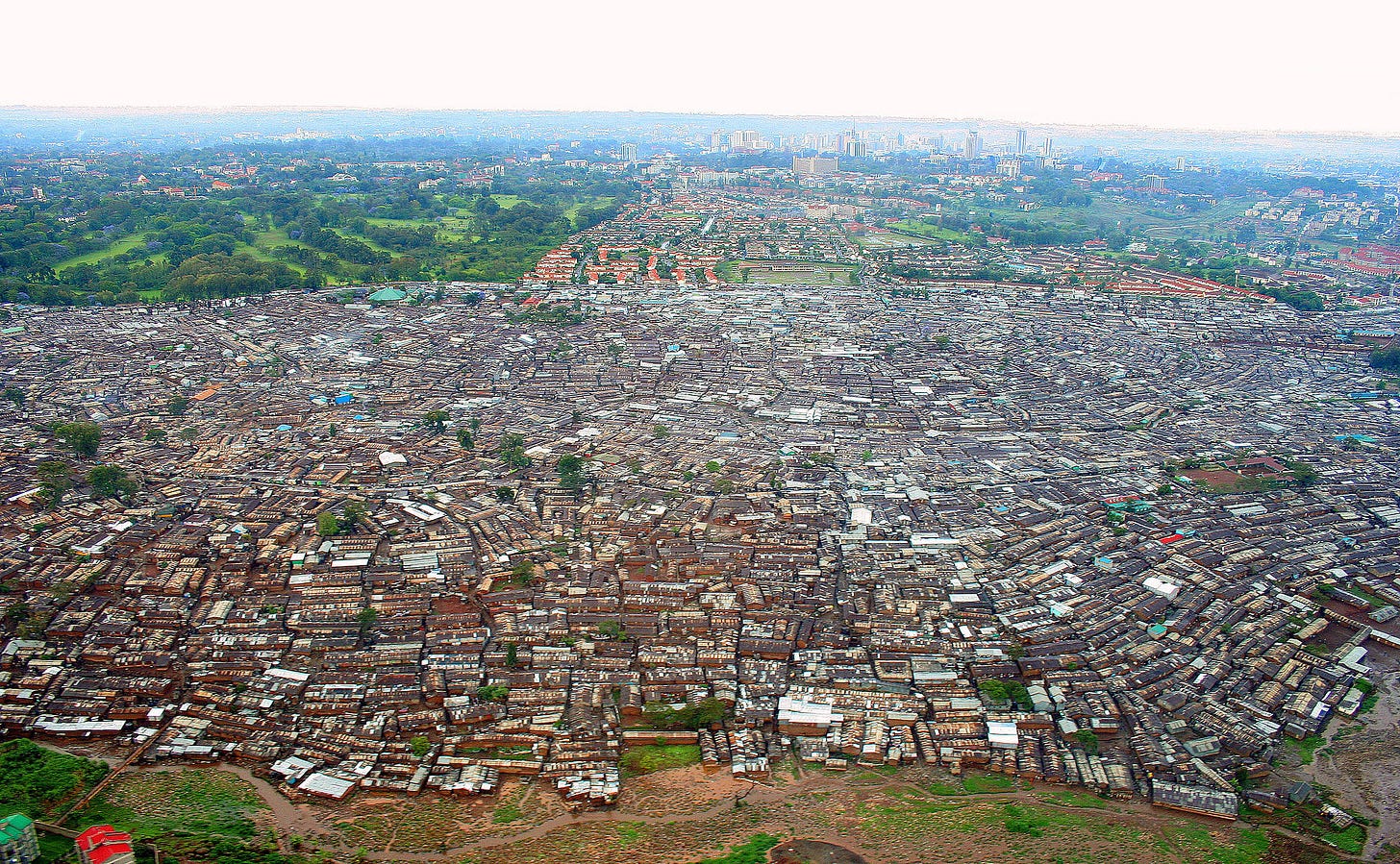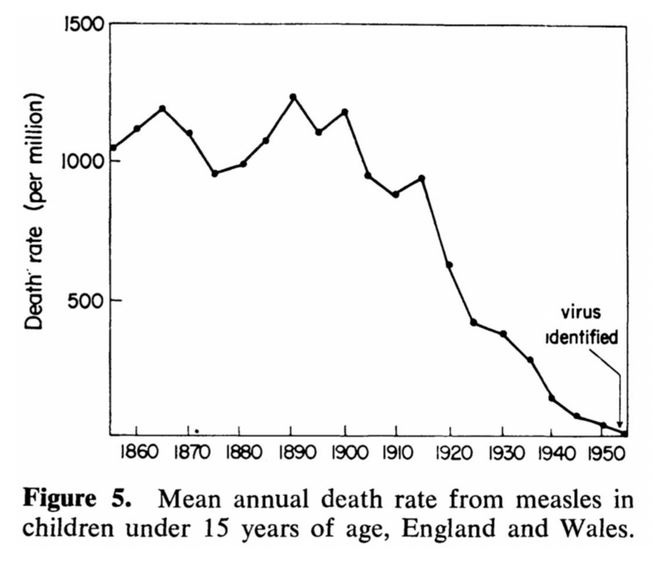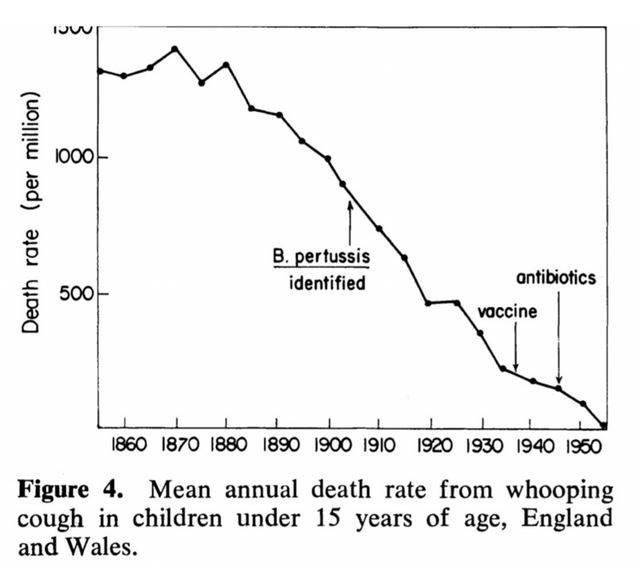Trials of the much-heralded first malaria vaccine, ‘Mosquirix’, showed a declining efficacy rate of only 30% and a doubling of the risk of death for girls.
One Danish researcher predicted that the injection would kill 1 in 200.
'1 in 200 will die': Millions of children injected with a malaria vaccine more dangerous than the covid shots
Clinical trials of the ‘groundbreaking’ new malaria vaccine being rolled out to children in Africa revealed the following warning signals: These were a rate of meningitis in those receiving Mosquirix 10 times that of those who did not, increased cerebral malaria cases, and a doubling in the risk of death (from any cause) in girls.
This did not prevent its approval and endorsement by the World Health Organisation (WHO), and the continuing roll-out of the drug to millions of children.
In this context, the WHO just approved a second malaria vaccine.
This vaccine, known as ‘R21’, was initially said to have an efficacy rate of 80%.
The original trial data, published last year in Lancet, reported the following:
Following the booster vaccination, 67 (51%) of 132 children who received R21/Matrix-M with low-dose adjuvant, 54 (39%) of 137 children who received R21/Matrix-M with high-dose adjuvant, and 121 (86%) of 140 children who received the rabies vaccine developed clinical malaria by 12 months.
(An adjuvant is an ingredient that magnifies the body’s immune response to the active ingredient of a vaccine.)
In other words, a year after their third injection, 51% of children who received the malaria vaccine with low-dose adjuvant developed malaria, 39% who received the high-dose version developed malaria, and 86% who received a ‘placebo’ (which was bizarrely actually a rabies vaccine) developed malaria.
A preprint of the vaccine’s Phase 3 trial results have now been released, leading to the vaccine’s approval. These latest trials show an efficacy rate now down marginally to 75%.
Recall that the announced efficacy for Mosquirix was 56%, and only later did it turn out that for babies, protection against severe malaria was zero; and for infants between 1 and 2, protection against severe malaria was only 30%. (These percentages represent relative risk, and not absolute risk reduction, which is always a mere fraction of the relative percentage.)
Thus, I would take this all with a pinch of salt, particularly when one also recalls the apparent 95% efficacy of the covid vaccines.
Similarly to the Pfizer and Moderna covid vaccine trials, the mortality data tell a somewhat different story.
Over the course of the first trials, which took place in a small town in Burkina Faso, only one child died of malaria, and that child was vaccinated with all three doses.
Supplementary trial data recorded three deaths in the vaccinated arm of the trial, with none in the ‘placebo’…
Whilst the first vaccine was developed in collaboration between GlaxoSmithKline, US military laboratories and the Gates Foundation, this latest vaccine has been developed by Oxford’s Jenner Institute and the vaccine-maker, Serum Institute of India, with funding from the Wellcome Trust.
(Needless to say, Gates also funds the Jenner Institute, the Serum Institute, and the Wellcome Trust… as well as the WHO.)
When announcing his approval of the vaccine, WHO Director-General Tedros Ghebreyesus proclaimed it ‘a great day for science, a great day for vaccines.’
It is amazing what qualifies as a great day for vaccines…
The truth is that malaria is a disease of poverty and underdevelopment. This is true of virtually every disease that threatens children.
Clean water, healthy food and hygiene can never be offset by a pharmaceutical product. This is starkly obvious when one charts in time the decline of childhood deaths by measles, whooping cough, etc:
We used to be allowed to acknowledge these truths in the developed world, but something changed.
For some reason, vaccines became something sacred to our culture, something beyond critique. It’s important we find out why.







LOL, "bizarrely"! That's standard practice for these mendacious criminals! No better way to hide adverse events than to compare it to something else with a similar AE rate. Hey presto! No additional harm! I wonder how those poor people would fare with the new poison on top of the rabies shot? Bet they didn't study that, huh?
Another Killer.... Thanks to the Gates of Hell